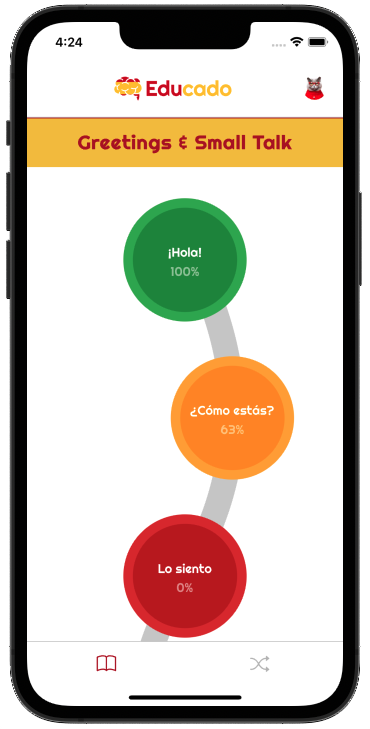How to conjugate a-stems in Latin
A-Stems in Latin
The infinitive form (whole verb) is vocare which means "to call". (Obviously not with a telephone ;-).)
Conjugation Table
| Latin | English |
|---|---|
| voco | I call |
| vocas | you call |
| vocat | he/she/it calls |
| vocamus | we call |
| vocatis | you (pl.) call |
| vocant | they call |
Conjugation Endings
The first, second, and third person singular and plural are distinguished by the personal endings:
- Singular: -o, -s, -t
- Plural: -mus, -tis, -nt
Learn these endings: -o, -s, -t, -mus, -tis, -nt.
The root voca- is called an a-stem because of the consistent appearance of the -a-. The only exception is in the first person singular (voco), where the -a- sound is absorbed into the -o- sound.
Latin does have personal pronouns (I, you, we, you all), but they are used only for emphasis.
Examples:
- voco: I call
- ego non voco, at tu vocas: I do not call, but you do call (for emphasis).
In summary, a-stems in Latin are identified by the -a- in their conjugation. The personal endings (-o, -s, -t, -mus, -tis, -nt) are crucial to differentiate the person and number in conjugations. Although Latin has personal pronouns, they are typically used to emphasize the subject.
© Copyright Educado 2024 - All rights reserved
Educado | Opaallaan 1180 | 2132LN | Hoofddorp | Netherlands


